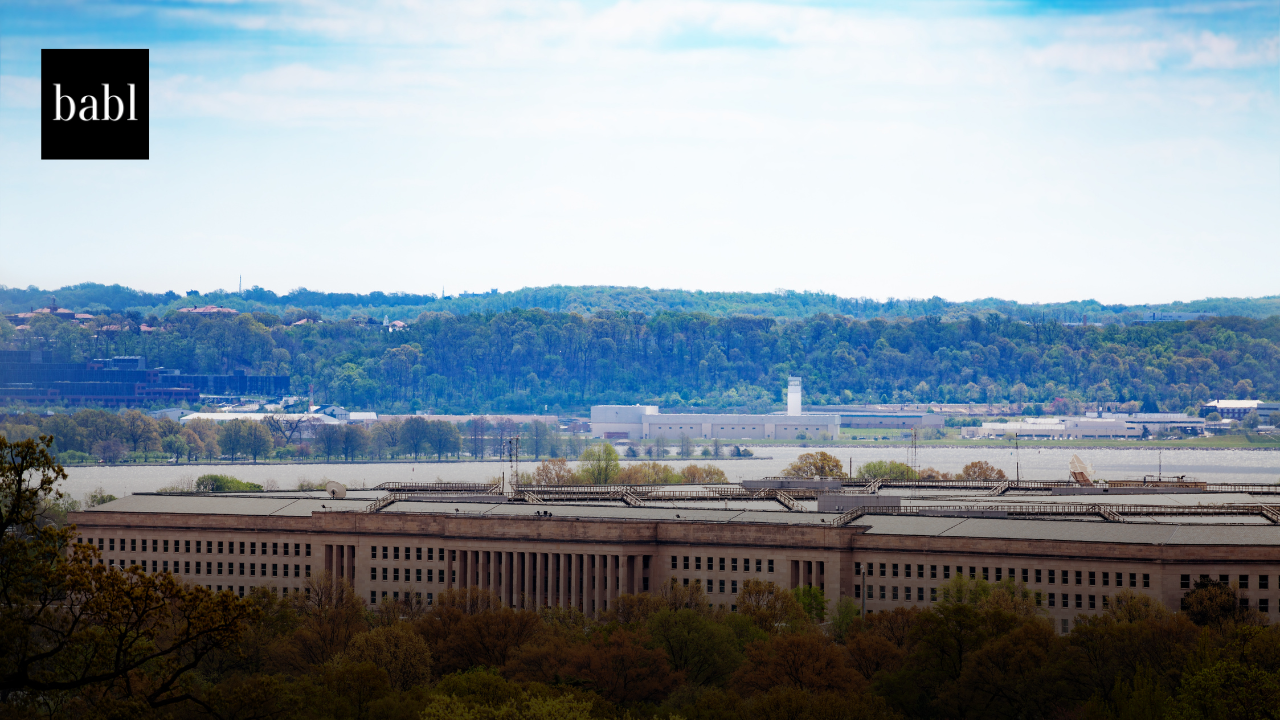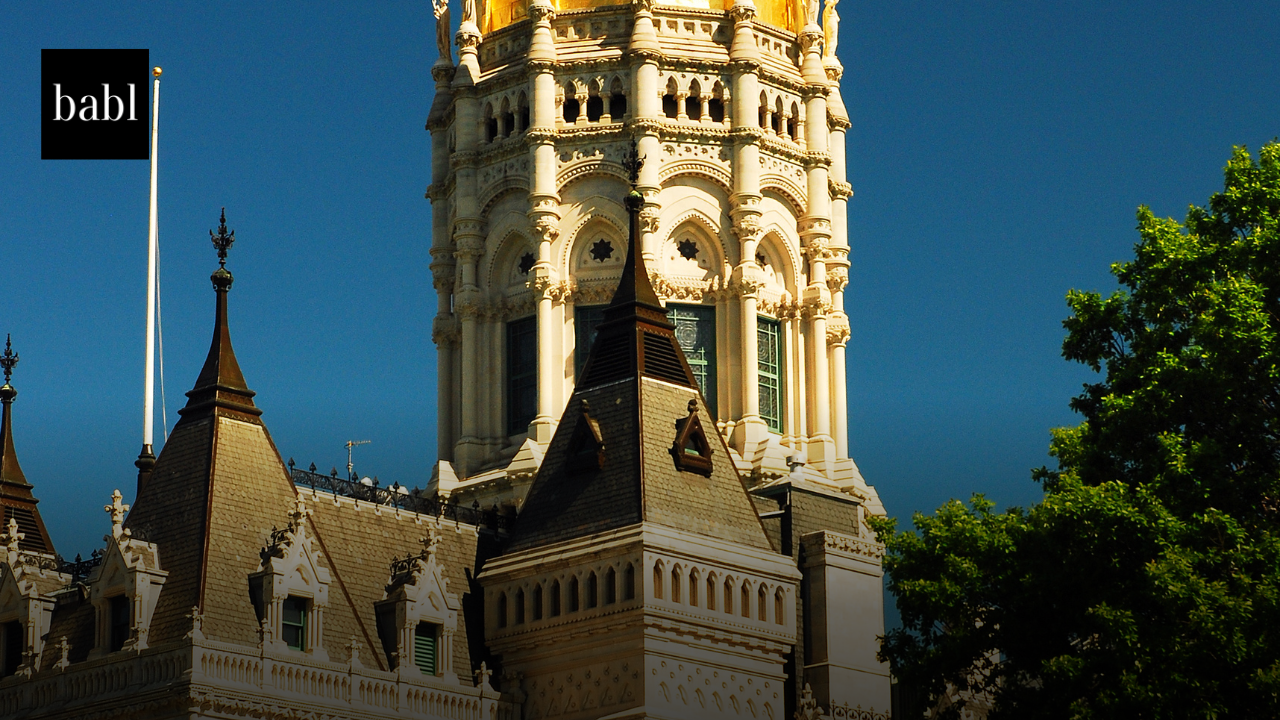UPDATE – FEBRUARY 2026:
After the U.S. Supreme Court upheld the Protecting Americans from Foreign Adversary Controlled Applications Act on January 17, 2025, TikTok’s future hinged on a potential divestiture. On September 25, 2025, President Donald Trump signed an order approving a framework. This framework allows TikTok to remain in the U.S. under new American-led ownership.
In late January 2026, the divestiture process finalized with the creation of a new U.S.-based joint venture. This entity now oversees TikTok’s American operations under majority American ownership. ByteDance’s stake was reduced to below the required threshold. In addition, governance structures were put in place to ensure U.S. control over decision-making, data handling, and platform operations.
Under the finalized arrangement, U.S. user data is now stored exclusively on domestic cloud infrastructure. Additionally, recommendation algorithms and related systems are managed under strict security oversight and monitoring requirements. The agreement also formalized ongoing compliance mechanisms. These include government oversight of software updates, algorithm governance, and operational safeguards. These steps are designed to address national security concerns that drove the original legislation.
As a result, TikTok has remained operational in the United States without interruption. This allowed the company to avoid the previously anticipated ban scenario. The finalized deal reflects a broader policy shift toward restructuring ownership and governance rather than outright platform removal. At the same time, authorities maintain continued scrutiny over foreign influence, data protection, and digital infrastructure security. The long-term framework now focuses on enforcement, transparency, and sustained regulatory monitoring as the platform operates under its new U.S.-controlled structure.
ORIGINAL NEWS STORY:
TikTok Files Lawsuit Challenging American Divestment Bill
TikTok and ByteDance have filed a lawsuit challenging the constitutionality of the Protecting Americans From Foreign Adversary Controlled Applications Act. The legislation, which was signed last month, stipulates that ByteDance must divest from TikTok within nine months. Failure to do so could result in a ban in the country. The bill was motivated by concerns over potential data sharing between TikTok and the Chinese government
According to the lawsuit, the bill effectively bans TikTok. They say TikTok is used by over 170 million American users. The lawsuit argues that the legislation violates several constitutional rights, including freedom of speech, due process, equal protection, and the prohibition against uncompensated takings of private property.
On the First Amendment claim, the plaintiffs argue the Act is an unconstitutional content- and speaker-based restriction that fails strict scrutiny review. Additionally, they assert the government has provided no evidence that TikTok poses actual national security threats, only speculation. The lawsuit claims Congress disregarded less restrictive alternatives. These alternatives include the comprehensive data security and content moderation measures TikTok negotiated with government agencies over four years.
The lawsuit also alleges the Act is an unconstitutional bill of attainder because it singles out and imposes punitive legislative punishment solely on TikTok and ByteDance without a judicial trial. Further, it claims a denial of equal protection because the Act treats TikTok differently than other similarly situated companies without any rational basis. The plaintiffs also argue the Act violates the Takings Clause by forcing ByteDance to shut down or sell its U.S. TikTok business without just compensation. Even a “qualified divestiture” under the Act is allegedly commercially, technologically, and legally infeasible.
Conclusion
The lawsuit requests declaratory and injunctive relief against enforcement of the Act. It represents a high-stakes constitutional challenge to Congress’s effort to ban a major online platform raising novel First Amendment issues about the government’s power to regulate digital speech forums.
Need Help?
Keeping track of the everchanging AI landscape can be tough, especially if you have questions and concerns about how it will impact you. Don’t hesitate to reach out to BABL AI. Their Audit Experts are ready to provide valuable assistance.





